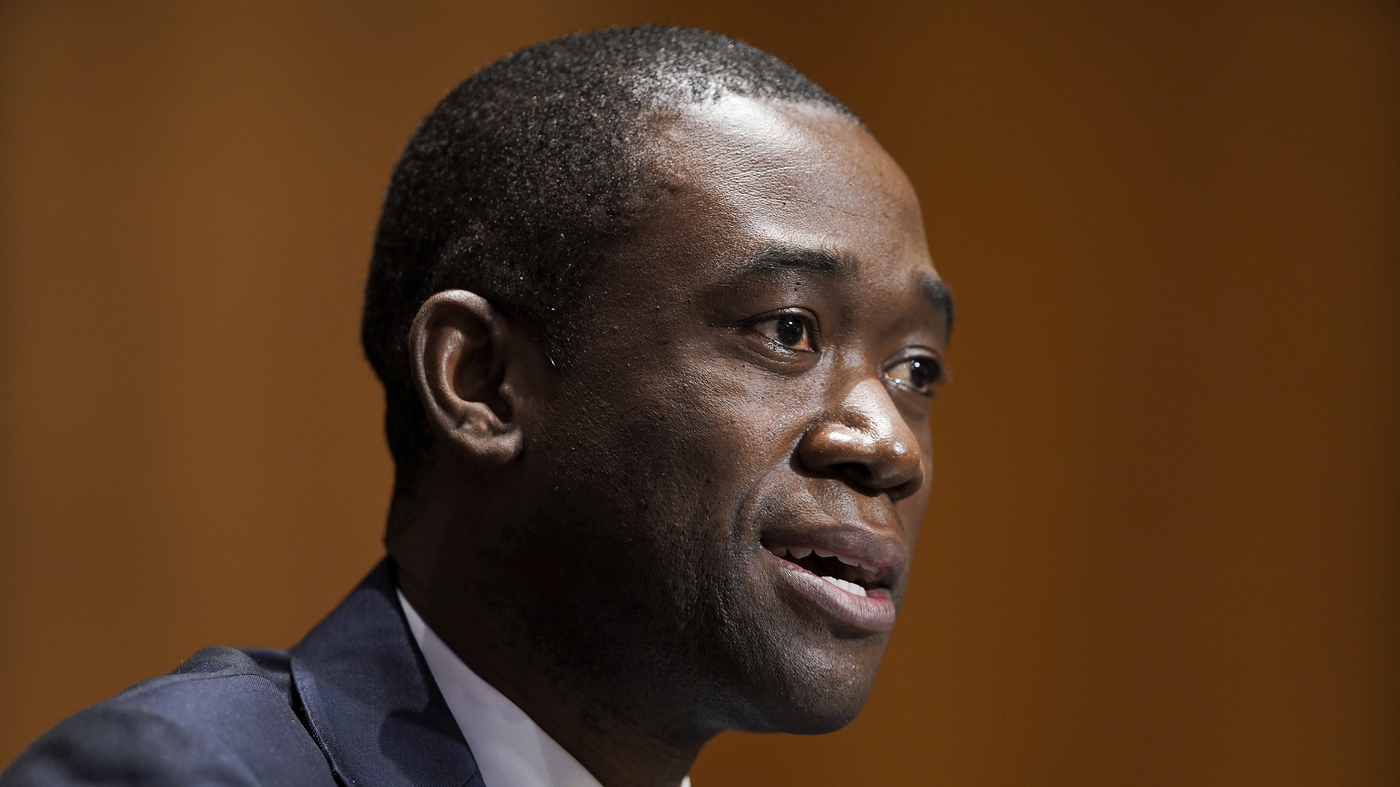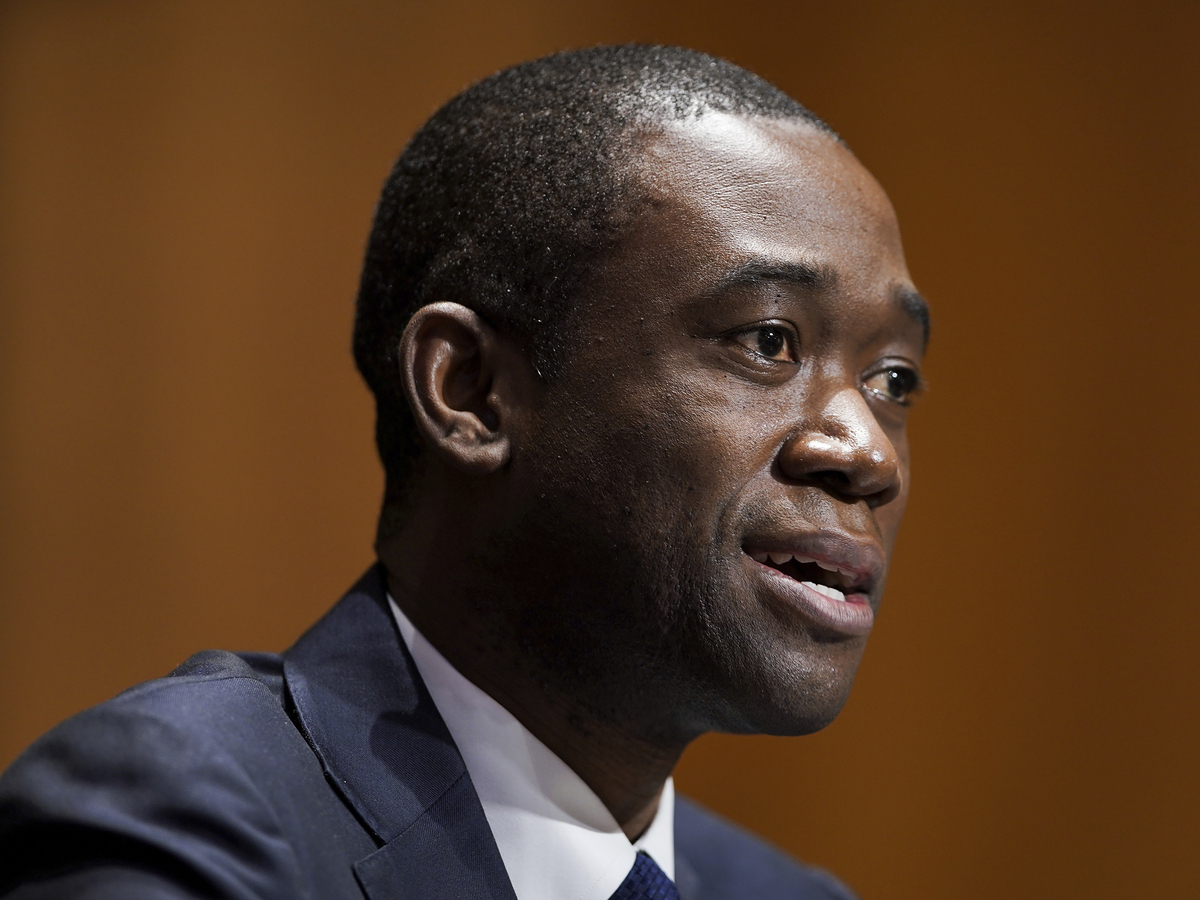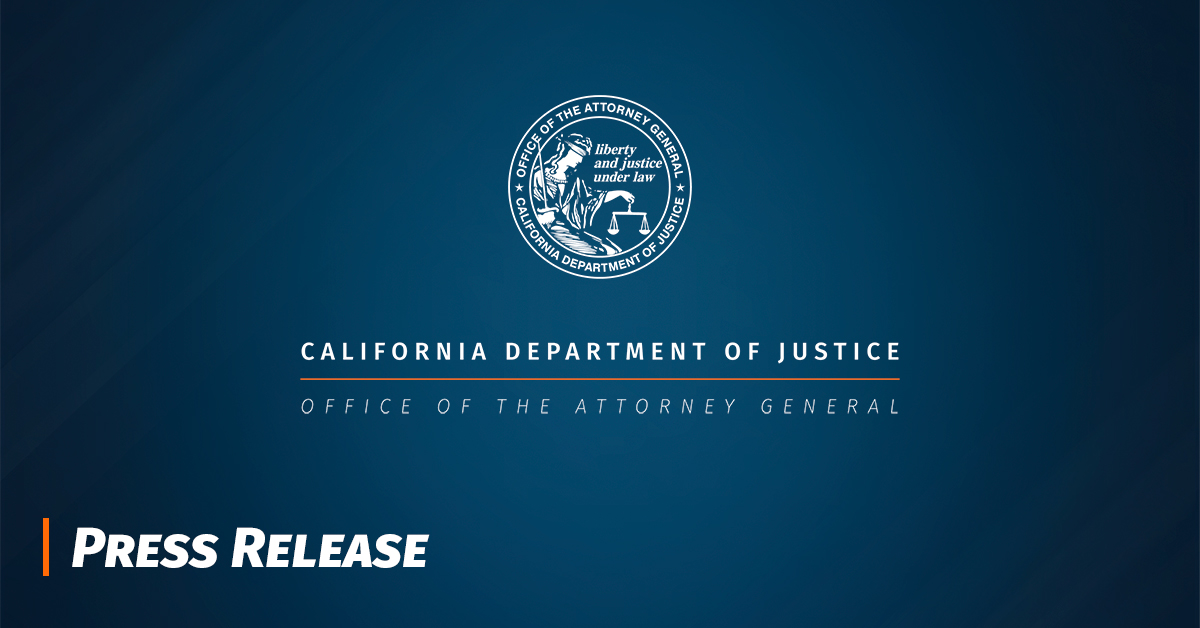IRS is bracing for a annoying tax season, says deputy treasury secretary : NPR

Table of Contents
Deputy Treasury Secretary Wally Adeyemo explained to NPR, “It is going to be, regretably, a aggravating tax year” this yr.
Greg Nash/The Hill via AP
cover caption
toggle caption
Greg Nash/The Hill via AP

Deputy Treasury Secretary Wally Adeyemo told NPR, “It is heading to be, regretably, a aggravating tax year” this yr.
Greg Nash/The Hill by way of AP
This 7 days marks the start of tax submitting time, and the Internal Revenue Service is expecting it to be yet another disheartening a person.
Past yr, filers faced delays on returns and difficulties acquiring assistance on the phone, with COVID-19 reduction payments and kid tax credits complicating issues. In reality, the company is still functioning its way by means of a backlog of thousands and thousands of 2020 returns.

As NPR has reported, the Countrywide Taxpayer Advocate — the IRS’ inner watchdog — said earlier this month that in 2021, the company had a backlog of 35 million returns that demanded guide processing and taxpayers who named for steering had only a 1 in 9 likelihood of finding their phone calls answered.
Deputy Treasury Secretary Wally Adeyemo explained to Early morning Edition‘s A Martínez that an understaffed and overworked IRS is bracing for a equally hard year this time around. For reference, most folks have till April 18 to submit their cash flow tax returns.
“It is likely to be, however, a disheartening tax time,” Adeyemo explained. “What that indicates for taxpayers is that they want to make absolutely sure that they file online, that they consider ways to make positive that their returns are geared up, due to the fact sadly because of to the pandemic and continual underfunding of the IRS, the IRS has less people to respond to their mobile phone calls and to offer with taxpayer concerns.”
The IRS blames finances and staffing shortages
Federal funding for the IRS has declined by about 20% in the final decade, in accordance to the National Taxpayer Advocate.
Adeyemo says funds issues, staffing shortages and unreliable technological innovation infrastructure have all made the agency’s work extra challenging — primarily as its workload raises simply because of the pandemic. It has dispersed above 150 million stimulus checks and more than 36 million baby tax credit history payments, he notes.
The IRS been given some 119 million phone calls past year, in comparison with about 35 million in a common tax submitting year, he provides. Even however the agency is likely to set extra folks on the phones this 12 months, Adeyemo states it simply would not have plenty of resources to meet need.
“It’s essential for us to move again and understand that we are in a area wherever they have as numerous workforce at the IRS nowadays as they experienced in the 1970s, and they also have a technological innovation infrastructure that was based mostly in the 1960s and 1970s,” he states.
In fact, IRS personal computers are the oldest major tech techniques in the federal government.
There are actions the company and taxpayers can just take to assistance simplicity the course of action
The IRS is inquiring persons to file their taxes electronically if they can and to make sure they have all their paperwork alongside one another all through the method.
Adeyemo acknowledges that not anyone has world-wide-web access to do so and encourages those who need it to go to community Volunteer Cash flow Tax Help web-sites for free of charge, minimal-revenue tax guidance.
If you file your taxes on the net and the info is accurate, you should get your refund inside of 21 times, Adeyemo states. That will assist the company lessen its inventory likely ahead.
The agency has also taken measures to check out to ease the load proactively by sending letters to recipients of stimulus checks or child tax credits conveying the figures they ought to put in their returns to make certain they’re not rejected.
Structural alternatives would make foreseeable future filing seasons run far more smoothly
The Biden administration’s Establish Back Improved Act would give the agency an more $80 billion in funding about 10 several years.

Adeyemo claims that proposal would bolster the agency in a lot of ways, generating long term submitting seasons much easier and even encouraging to near the “tax hole” concerning what folks owe and what they pay back.
That is simply because it would give the IRS more sources to devote in enforcement toward the wealthy Americans who “have the ability to retain the services of armies of legal professionals and stay clear of taxation.”
But, as NPR’s Brian Naylor has pointed out, the long run of Make Back again Better hangs in the stability, and lawmakers have yet to concur on a funding bill for the agency for this fiscal calendar year.
This job interview was generated by Ziad Buchh and edited by Steve Mullis.
The digital edition of this tale originally appeared on the Early morning Edition stay weblog.






